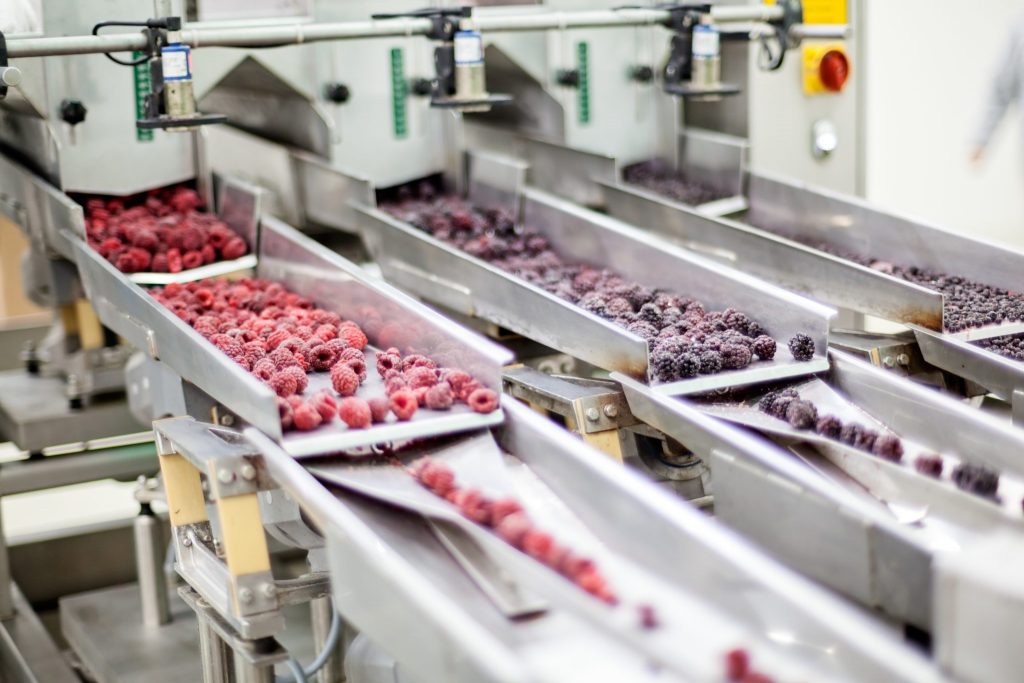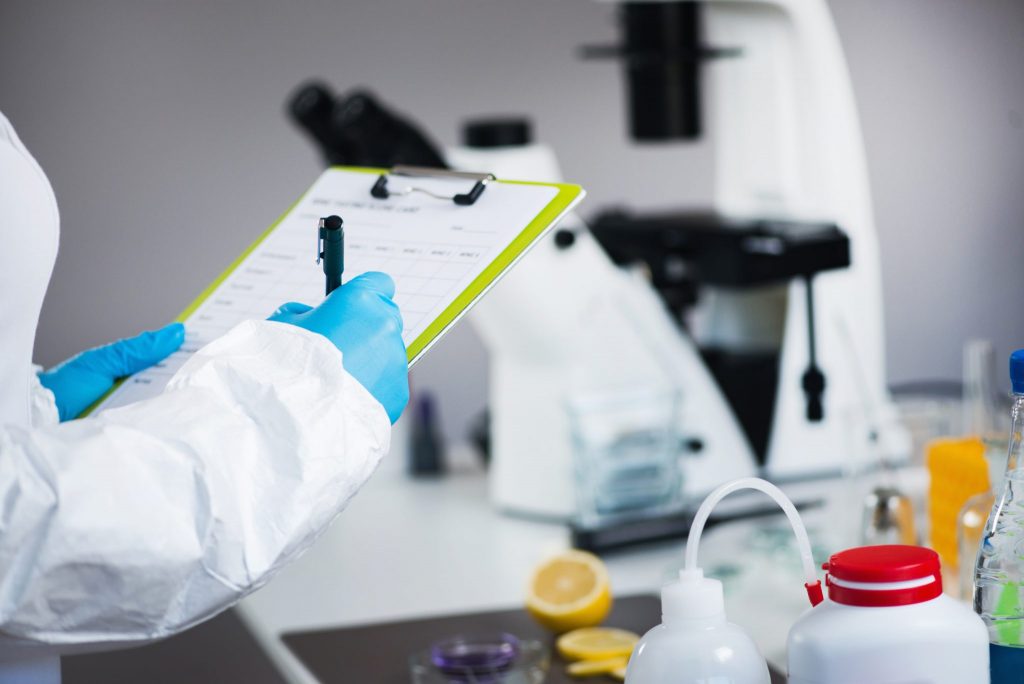The Centers for Disease Control and Prevention reports that 1 in 6 American suffers from foodborne diseases annually, resulting in an estimated 128,000 hospitalizations and 3,000 deaths.1
In response to this growing public health concern, the Food Safety Modernization Act (FSMA) was signed into law in 2011. The objective of FSMA is to strengthen the US food safety system by focusing on disease prevention. Seven key rules have been published by the US Food and Drug Administration (FDA) including the Preventive Controls for Human Food and the Foreign Supplier Verification Program (FSVP). These requirements target all food that is manufactured, processed, packaged and stored as well as imported foods. Now that FSMA is well under way, FDA has followed its mantra to “educate before and while we regulate.”2 While the authority has participated in numerous outreach initiatives to disseminate information about FSMA legislation, the recent statistics on past food safety inspections suggest that awareness is growing but training is still a priority.

Foreign Supplier Verification Programs
To date, all FSVP inspections have been pre-announced since their start in May 2017.3 44,000 food importers are now registered with the FDA. Following the first wave of FSVP inspections, 174 reports of non-conformance (via 483a form) were issued in the FY 2017 and 51 in FY 2018. FDA officials have identified the six top violation categories:
- Facility does not have a FSVP
- Hazard Analysis is not documented
- No foreign supplier approval policy
- Foreign supplier approval is not documented
- Facility has not signed off on the FSVP program developed by a qualified contractor/consultant
- Incorrect entry data (related to electronic food safety records)
As stronger FDA enforcement is expected later this year, food importers subject to FSVP should become familiar with the requirements and download the free public version of the Food Safety Preventive Controls Alliance (FSPCA)’s FSVP manual. Instructor-led and blended FSVP course options are also available from the FSPCA website.
cGMP and Preventive Controls for Human Food
Most businesses who manufacture, process, pack and hold food products for human consumption in the US are expected to comply with the current Good Manufacturing Practices (cGMP) and Preventive Controls for human food regulations.
FDA Inspection Statistics published in January showed that 874 domestic facilities were inspected by the FDA during the FY 2018, 188 of which were cited.4 The distribution of the top 5 cGMP violations includes the following:
- Sanitation Monitoring (– 21.5% of reports – inadequate water testing program, inadequate maintenance of hygienic facilities and failure to prevent cross-contamination)
- Pest Control – 20.9% (inadequate pest prevention programs)
- Manufacturing, Processing, Packing, and Holding Controls – 20% (preventing allergen cross-contact, failure to prevent growth of pathogens and contamination of food)
- Sanitary Operations and Plant-Maintenance – 19% (failure to operate in a clean and well-maintained facility)
- Personnel – 18% (failure to provide adequate food safety/GMP training to food handlers)
According to Food Safety News,4 there were 396 violations regarding the Preventive Controls requirements in FY 2018. Some of the non-conformities encompassed a number of areas. Key highlights are as follows:
- No FDA-compliant Food Safety Plan on file
- Incomplete hazard analysis for the food safety plan under review
- Food safety plan is not verified and overseen by a Preventive Controls Qualified Individual (PCQI)
- Sanitation and allergen preventive control procedures are inadequate
With enforcement expected to get stricter as the year progresses, food businesses subject to Preventive Controls for Human Food should become familiar with the requirements and download the free public version of the FSPCA’s Preventive Control For Human Food manual. Instructor-led and blended course options are also available from the FSPCA website.
Statistics are also available for FDA inspections of foreign sites. In FY 2018, 242 foreign facilities were inspected by the FDA.
Information pertaining to FDA inspections of foreign and domestic sites, FSMA, recalls and import alerts may be accessed through the FDA Data Dashboard.

Preparing for an FDA Inspection
What to expect during an FDA inspection? First and foremost, the FDA will be looking for proof of management commitment to food safety. This means that the company’s food safety plan, foreign supplier verification program (where applicable) and food safety system must be developed by well-trained, competent and resourced employees who are able to justify preventive controls and verification activities. Food businesses must also be able to demonstrate, through records and documentation, the release of safe food to market. Business owners and top management should be familiar with FSMA and provide support during the regulatory inspection. They should expect the record review to be thorough. FDA representatives may take food samples and packaging materials for further testing and evaluation of product labeling information. They may also, depending on food safety risks, swab the facility extensively (learn more about the “FDA swabathon” here).5 To develop your FDA inspection preparedness plan, feel free to consult the FDA Inspection Checklist from Food Industry Counsel LLC and these additional tips from our food safety partner Primority.6,7
To further prepare for an upcoming FDA inspection, food businesses may consider scheduling a food safety audit. Perry Johnson Registrars Food Safety Inc., NSF Certification, LLC, and SGS North America Inc. are currently the only three certification bodies accredited under FDA’s Accredited Third-Party Certification Program. Audit scopes include Produce Safety, Preventive Controls for Human Food, Juice HACCP and Seafood HACCP. Other audit scopes based on HACCP may also prove good indicators of food safety performance.
References
- Estimates of Foodborne Illness in the United States
- “Educate Before and While We Regulate”
- What to Expect in an FSVP Inspection
- Report Details, Most Common Violations at FDA-regulated Food Facilities
- What is a Swabathon?: Understanding the FDA Investigations
- FDA Inspection Checklist
- Surviving a FDA Inspection





